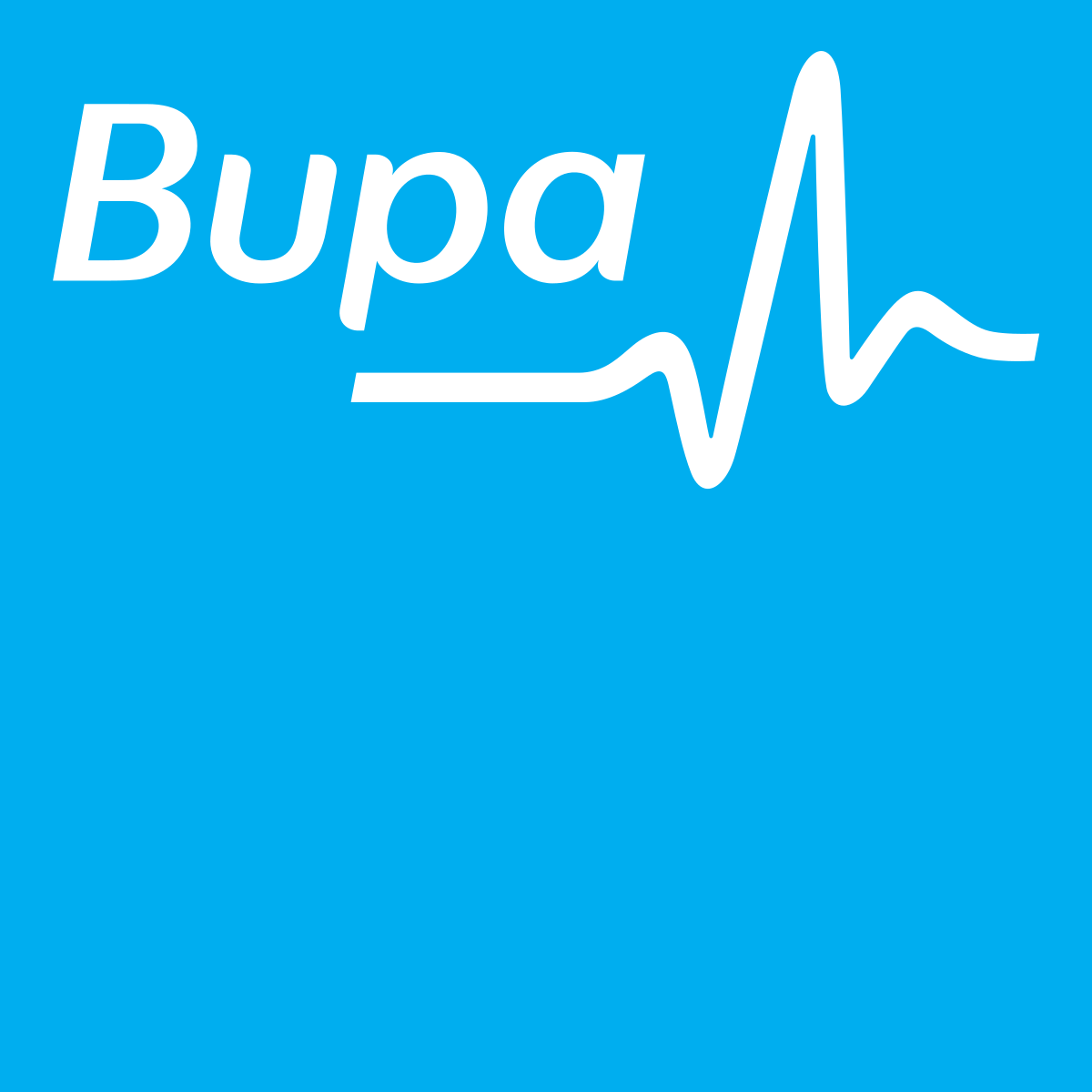Frequently Asked Questions About Weight Loss Surgery
What is obesity?
Obesity is excess fat in the body. It is normal for all of us to have a small amount of fat in our bodies as it is a most efficient way of storing energy. However in obesity, these fat stores become excessive. One way you can measure if you are obese or not is by calculating your Body Mass Index (BMI) http://www.nhlbisupport.com/bmi If your BMI is equal to or greater than 30, you are obese.
What is morbid obesity?
Morbid obesity is defined by a level of obesity which is associated with diseases that result from the obesity and pose a serious health risk. Morbid obesity is chronic, fatal and costly.
If your BMI is equal to or greater than 40, you are morbidly obese.
What causes obesity?
Very simply, energy intake (through food and drink) is greater than energy usage (through physical activity). The extra energy that is not use by your body is stored as fat.
We are all ‘programmed’ to put on weight as this is normal human physiology. From prehistoric times, there was a survival advantage in those who were able to store energy as fat as they would not starve to death during the winter months when food supply was poor. Nowadays, the easy availability of tasty, high calorie foods means we all tend to store more and more energy as fat without using it up.
Why should you treat obesity?
Because of the health risks associated with being obese. A few are listed below:
- Coronary artery disease, hypertension
- Hyperlipidemia
- Type II diabetes
- Asthma, obesity hypoventilation syndrome, obstructive sleep apnea
- GERD, esophagitis
- Fatty liver, cholelithiasis, non-alcoholic steatohepatitis (NASH), cirrhosis
- Stress urinary incontinence
- Obstructive sleep apnoea, pulmonary hypertension and heart failure
- Venous stasis disease, deep vein thrombosis, pulmonary embolus, superficial thrombophlebitis
- Hernias: inguinal, ventral, umbilical, incisional
- Irregular menstruation, hirsutism, gynecomastia, infertility, polycystic ovary syndrome
- Cancer (colon, prostate, uterine, breast)
- Infection (cellulitis, panniculitis, post-operative wound infections)
- Degenerative joint disease, osteoarthritis, gout
- Pseudotumor cerebri (idiopathic intracranial hypertension)
- Clinical depression
In particular, three common diseases listed above that occur from being obese require special mention:
TYPE 2 DIABETES: People with type 2 diabetes are at risk for developing
- Heart disease
- Strokes
- Kidney disease
- Nerve damage
- Foot problems
- Eye complications
HEART DISEASE, HIGH CHOLESTEROL AND HIGH BLOOD PRESSURE: People living with morbid obesity are at risk for developing heart disease and high blood pressure, and related conditions such as:
- Coronary heart disease
- Heart attacks
- Angina
- Arrhythmias
- Stroke
- Kidney damage
OBSTRUCTIVE SLEEP APNOEA: People with obstructive sleep apnoea are at an increased risk for:
- Heart disease
- High blood pressure
- Heart attack
- Daytime drowsiness
What sort of treatments are available for obesity?
These can be divided into treatment requiring an operation (‘surgical’) or non surgical treatments.
Non – Surgical:
- Diets: unfortunately, these do not provide effective long-lasting weight loss. At best, you will achieve 10% weight loss using diets which will disappear on stopping the diet.
- Medicines: a number of drugs are licensed for treating obesity (Xenical / Orlistat, Reductil/Sibutramine, Accomplia/Rimonabant). These too do not provide long-lasting weight loss, averaging only 5-10% weight loss whilst the medicine is being taken. The medicines have many side-effects (including diarrhoea, headaches, high blood pressure, depression) and may not be suitable for everyone.
Weight loss surgery:
Bariatric surgery is currently the most efficacious treatment for morbid obesity and has arguably the best long term outcomes.
You will achieve between 20-30% weight loss (depending on the operation you undergo) but more importantly the weight loss will be permanent and there will be marked improvements in your health. In particular most if not all the health risks associated with obesity will be reversed or markedly improved. The consequence of this is that your life expectancy will return to what it is if you were not suffering from obesity.
The surgical treatment for obesity these days is minimally invasive using laparoscopic technique. This is less damaging to the patient as the incisions used are keyhole sized and this in turn results in faster recovery.
Choosing your bariatric operation:
Choosing between these treatments can be difficult. Not all surgeons offer all of the newer treatments and making sense of the choices on offer can be problematic. Our website aims to help with that choice. First and foremost your surgeon should be experienced (>250 cases) preferably having received specialist training in bariatric surgery and should be able to perform the operations laparoscopically.
Option 1: laparoscopic adjustable gastric band / Lap band
A gastric band is an inflatable silicone ring / doughnut shaped device. When the band is placed around the upper part of the stomach, it creates a small pouch at the top of the stomach with a small opening, or ‘channel’, to the rest of the stomach. This has two effects: (1) the band causes restriction and thus limits the amount of food passing from the stomach into the digestive tract and (2) it reduces the appetite of patients . This method is a proven method of weight loss by allowing patients to feel less hungry and feel fuller earlier and thus consume fewer calories. On average, patients tend to lose 20% of their total body weight with the band.
Option 2: laparoscopic roux-en-y gastric bypass / gastric bypass
This is an operation where some of the stomach and part of the small intestines are bypassed. The stomach is divided to leave a smaller pouch and then a section of the small intestine is attached to the small stomach pouch that has been created. The procedure works in a number of different ways: (1) the smaller stomach now golf ball-sized will make you feel full earlier; (2) it will also reduce your appetite; (3) by bypassing a portion of your intestine, you will absorb fewer calories that are taken by mouth.
- You will not able to eat as much as before because after this type of surgery, patients generally feel more satisfied after a meal and have less desire to eat.
- You may also absorb less iron and vitamin B12 as a result of the operation and you will require vitamin supplements for the rest of your life.
- You may not tolerate foods containing fat, sugar and starch as well as you used to. If you eat too much of these types of foods you may actually start to feel ill, but this ‘side effect’ in itself could help you make dietary and lifestyle changes to achieve long term weight loss.
This method of surgery allows patients to lose around 30% of their total body weight.
Option 3: laparoscopic sleeve gastrectomy
This is an operation where the stomach is reduced in size. The stomach is divided to leave a long narrow tube of 100 mL. The segment of stomach that is cut is removed out of your body. The procedure also works by making you feel full earlier after meals as well as reduce your appetite and thus allows you to consume fewer calories.
- You will not able to eat as much as before because after this type of surgery, patients generally feel more satisfied after a meal and have less desire to eat.
- You may also absorb less iron and vitamin B12 as a result of the operation and you will require vitamin supplements for the rest of your life.
- You may not tolerate foods containing fat, sugar and starch as well as you used to. If you eat too much of these types of foods you may actually start to feel ill, but this ‘side effect’ in itself could help you make dietary and lifestyle changes to achieve long term weight loss.
This method of surgery allows patients to lose 25-30% of their total body weight.
Option 4: laparoscopic duodenal switch (DS) / biliopancreatic diversion (BPD) / BPD-DS
This is a complex operation requiring significant ‘replumbing’ of your intestinal tract. Patients can expect to lose 30-35% of total body weight BUT there are a number of unpleasant and serious side effects including diarrohea, vitamin deficiencies and protein deficiencies leading to problems with healing and your immune system.
How long does it take to get better from surgery?
Gastric band: go home same day or next day
Gastric bypass: 2 nights in hospital
Sleeve gastrectomy: 2 nights in hospital
You will generally need to take 1-2 weeks off work.
What are the risks of having surgery?
Gastric band: There is a 5-10% risk of complications associated with the gastric band that can occur after surgery. These can include the band slipping or moving into the stomach, an increase in the size of the stomach or gullet (oesophagus), rupture of the ring or infection of the port. This may result in the band or port needing to be removed, repositioned or replaced. Upto one in 10 patients will need further surgery for these or other complications. There is a 1 in 1,000 (0.1%) risk of death and a 5-10% risk of adverse effects (as listed above) caused by having this treatment.
Gastric bypass: Complications include leakage from one of the joins in the bowel, narrowing of one of the joins or ulceration of the gastric pouch may occur in 2-5% of patients. A second operation may be required to correct this. As with any operation, there are risks associated with having a general anaesthetic and a small risk of wound infection / hernia, chest infection, deep vein thrombosis (‘DVT’ or blood clots in the legs), pulmonary emboli (blood clot on the lungs). Most people will not experience any serious complications from their surgery. Overall there is a 1 in 300 (0.3%) risk of death and a 2-5% risk of adverse effects.
Sleeve gastrectomy: Complications include leakage and bleeding from the staple line along the stomach. This can occur in 2-5% of patients and will require a 2nd operation to treat. As with any operation, there are risks associated with having a general anaesthetic and a small risk of wound infection / hernia, chest infection, deep vein thrombosis (‘DVT’ or blood clots in the legs), pulmonary emboli (blood clot on the lungs). Most people will not experience any serious complications from their surgery. Overall there is a 1 in 500 (0.2%) risk of death and a 5% risk of adverse effects as listed on the previous page caused by having this treatment.
Who is eligible for bariatric surgery?
In accordance with the National Institute of Clinical Excellence (NICE) criteria, bariatric surgery can be considered for patients who:
- Are aged over 18 years of age
- BMI equal or over 35 kg/m2 with any co-morbidity due to their weight and failed to lose weight after 6 months on a medically supervised lifestyle programme
- BMI equal or over 40 kg/m2 and failed to lose weight after 6 months on a medically supervised lifestyle programme
- BMI equal or over 50 kg/m2
- Have no medical or psychological reasons which contraindicate surgery
- Are fit enough to undergo an anaesthetic and surgery
- Understand the need for long-term follow-up
 Consultant Laparoscopic & Bariatric Surgeon
Consultant Laparoscopic & Bariatric Surgeon





